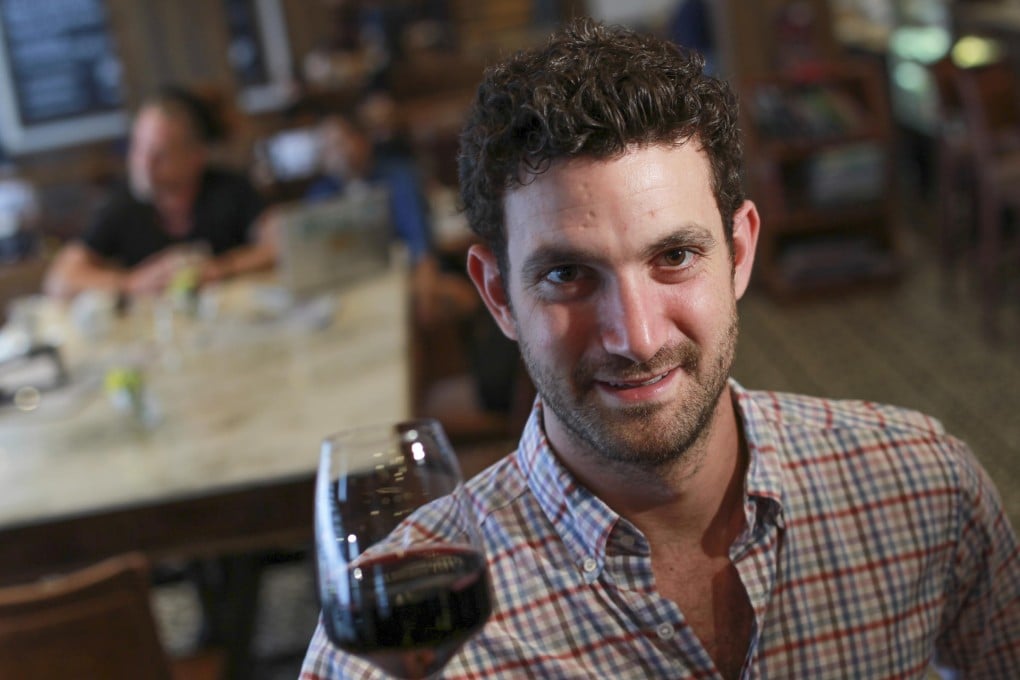Q&A: Brian Bordainick
The New Yorker and founder of Dinner Lab, in town for the Knowledge of Design Week at PMQ, explains the concept behind his ground-breaking culinary institute

"It's a platform for emerging culinary talent. The idea is that we give the number twos, threes and fours [the sous chefs, chefs de cuisine and sauciers] from major restaurants an opportunity to experiment. They get unfiltered feedback of what's working and what isn't to [better understand] what could be commercially viable. Once a chef hits a certain proficiency, we'll take them on the road and then they can get [experience in] multiple cities across the United States."
"August 2012. At the time I was doing early-stage investment in information technology companies, helping people move from the idea stage to early revenue generation. I got bored with working with people who thought they were saving the planet. I wanted to be in an industry that took itself a little less seriously and I also wanted to start a company that required little capital, like US$300."
"Originally we brought people to dine at midnight, but they arrived drunk. So we shifted to the normal dining hours. We started asking the guests for feedback on seven criteria: presentation, creativity, taste, portion size, temperature, if the dish is worthy of being on a restaurant menu, and a free-form response. About 97 per cent of people respond. About 120 people attend each event, 60 per seating. Not only do we get feedback but we also give out recipes for every course we present to guests. So in each city we're trying 12 new recipes a week that are rated by 200 or so people, so we're getting ideas on what resonates with people.
"People are spending more on food than on entertainment. My generation [doesn't care] about their apartment but they are spending US$500 on a dinner, which is kind of crazy, but I think people are more experienced [about food] than ever. And the bricks-and-mortar restaurant scene has been slow to adapt. When [my parents] wanted to go out, they went to places where they had to dress up. I think that's a relic of the past. People want to come as they are and for the food to be just as incredible, and not have the waiter be a jerk to them. Last night I went to one of the cheapest Michelin-star places in the world - Tim Ho Wan. It has a star and all the prestige, but it's extremely approachable, not pretentious and everything that good food should be."
"We're in 19 cities in the US. We're pretty much tapped out [there]. We're going to try to expand to Toronto [in Canada]. Things will get a lot more interesting when we get international. It's going to be a lot of fun to take our best barbecue people in Austin, Texas, and fly them over to, like, London. The thing I've learned is that good food is good food, and people appreciate it no matter where in the world that is. [Texas-style] barbecue in Hong Kong? Why not? Any type of cuisine can work anywhere - our palates aren't that different."
"Delhi, Bombay, Kuala Lumpur. China's a little intimidating from a business structure standpoint. That part's going to be a tough nut to crack. But certainly one we want to do eventually."
